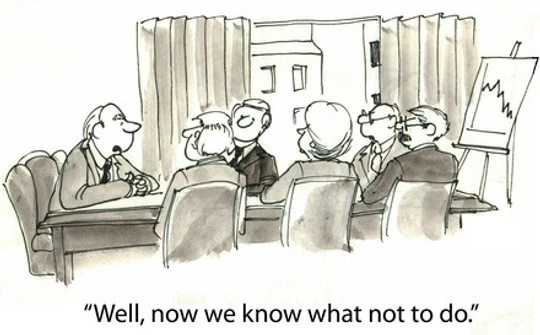
Can Facebook Regain Users’ Trust After The Cambridge Analytica Scandal?
 April 16, 2018
April 16, 2018 Like it or loathe it, social media advertising uses our personal data to target and shape behaviours. This is how Facebook earns sky-high ad revenues, through registering the likes and dislikes of billions of users across the planet. With great power, comes great responsibility – but Facebook has failed in its duty to protect us.
It’s announced that the data of up to 87 million people may have been improperly shared with Cambridge Analytica. The political consulting firm is alleged to have used this data to predict and influence voters in UK and US elections.
Facebook found out the data was harvested in 2015, but failed to tell anyone, or ban Cambridge Analytica. Now the social media giant is embroiled in a huge corporate scandal and people are deleting their accounts. Can we still trust Facebook?
What Mark Zuckerberg has done so far
After an explosive scandal comes the need for good PR and it seems Zuck is paying lip service to the the three great tenets of reputation management – recognise, regret, resolve.
After staying silent for five days, Zuck has now had said sorry via major news networks and shared a post on Facebook (where else?) acknowledging that the policies which allowed the misuse of data were a “breach of trust between Facebook and the people who shared their data with us”. The post was shared by Sheryl Sandberg, chief operating officer, who added: “We know that this was a major violation of people’s trust, and I deeply regret that we didn’t do enough to deal with it.”

Facebook is taking action to redress the situation. It is placing messages on the newsfeeds of users who were caught up in the data breach. The Guardian reports that ‘all 2.2 billion Facebook users will receive a notice titled “Protecting Your Information” with a link to see what apps they use and what information has been shared with those apps. They will be able to shut off apps individually or turn off third-party access.’
A new Facebook help page allows people to find out if their data was harvested. Most users will see a message saying that “neither you nor your friends logged into ‘This Is Your Digital Life’”, the personality quiz that Cambridge Analytica used to gather its data.
Facebook has also published a post describing how it is cracking down on platform abuse.
Zuck has been hauled in front of senators to give Congressional testimony and admitted his data was among the 87 million users whose information was compromised.
Is this enough to rebuild trust in Facebook?
There is some hope that things can get better. Stronger regulation could be on the way. At the Congressional hearings, senators are asking if Facebook could open the door to GDPR-style regulation.
Facebook will probably simplify its privacy guidelines which are notoriously hard to navigate.
Could this be enough to reverse the #DeleteFacebook trend? Zuck says he is not stepping down and despite the Cambridge Analytica controversy, it appears that advertisers have not lost faith in Facebook. In fact, they seem to be spending more than ever. It seems that for now, at least, paid-for content is still king.


 Share This Post
Share This Post